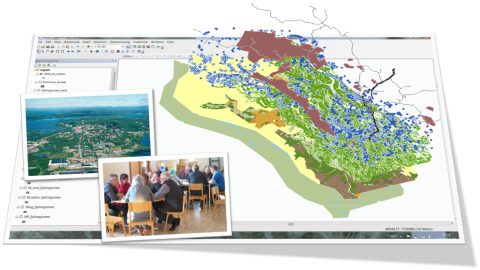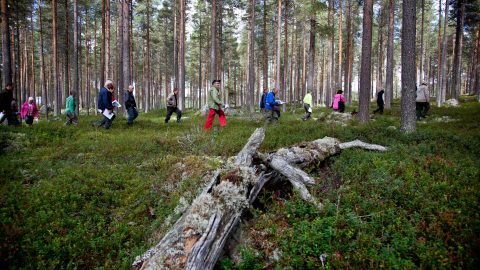The use of local natural resources, particularly forest resources, are important for many rural municipalities. Municipal spatial planning is a key tool in finding a balance between ecological, social and economic sustainability in social development based on a landscape perspective…
Forest commons contribute to local development
The results from a study of four dissimilar European forest commons with varying histories show a similar ability to adapt to surrounding changes and still maintain a local rootedness and influence. The North West Mull Community Woodland Company in Scotland…
Complementary manpower most important for rural areas
Focus political labor-market measures on the availability of complementary manpower in rural areas to give fast-growing companies better chances of survival. Fast-growing companies are an important resource for creating job opportunities in rural regions. They can be found in all…
There is not a countryside, there are many
There is a prevailing view of the countryside that is generalized, and at times dark, as areas that exist merely for the cities and seldom as areas with their own innate value. Such a view causes one to miss the…
The forest needs to be included in the municipalities’ planning
An overarching plan that includes forest and municipal planning as well as other land-use interests is motivated, not least with thought to the possibility to understand and handle conflicts concerning the forest landscape. Municipalities establish a municipal development plan accounting…
Vital companies in rural areas
Today’s economy, which is based on the access to the right manpower and the spread of knowledge, has fundamentally changed the conditions for economic development in sparsely populated areas. However, despite a concentration of markets in urban areas, there are…






